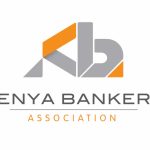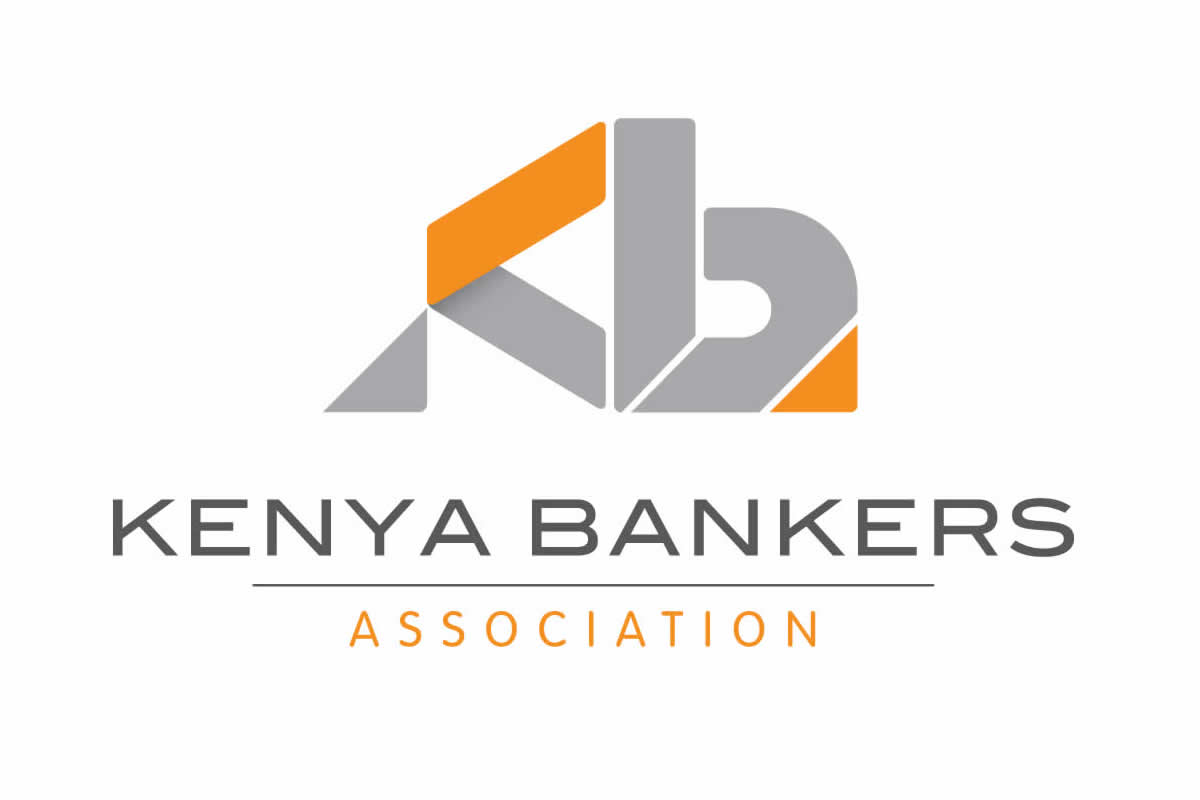In a move to bolster financial inclusion and fight poverty across its member countries, the Islamic Development Bank Institute (IsDBI) has unveiled a new, five-volume series of Islamic Microfinance Toolkits. These comprehensive guides provide a practical roadmap for policymakers, regulators, and practitioners looking to build and manage Islamic microfinance institutions.
A Comprehensive Guide to Inclusive Finance
The IsDBI, in partnership with the IsDB Global Practice & Partnership (GPP) Directorate, developed the toolkits through extensive research and collaboration. The goal is to help stakeholders harness the power of Islamic microfinance to foster entrepreneurship and promote sustainable development. The toolkits are designed to assist in every stage of the process—from establishing and operating to monitoring and regulating these institutions.
Dr. Sami Al-Suwailem, the Director General of IsDBI, emphasized the importance of this initiative. “Islamic microfinance, grounded in principles of fairness and risk-sharing, is a vital tool to enable the poor to participate in economic activity with dignity and purpose,” he stated. He added that the toolkits provide “concrete steps for stakeholders to build inclusive financial systems that reflect both the spirit and substance of Islamic finance.”
Dr. Issa Faye, Director General of GPP, echoed this sentiment, highlighting the joint effort as a reflection of their commitment to member countries. “By providing technical guidance and practical models, we aim to empower institutions to design scalable, context-sensitive Islamic microfinance solutions,” he said.
What’s Inside the Toolkits?
The five-book series breaks down the complexities of Islamic microfinance into manageable, detailed sections:
- Book 1: Concepts, Business Models & Products: This volume introduces the foundational principles of Islamic microfinance, along with various business models and product structures.
- Book 2: Establishing a Shari’ah-Compliant Entity: This guide offers practical advice on strategic planning, governance, and financial feasibility, all while ensuring adherence to Shari’ah principles.
- Book 3: Integrating Islamic Finance into Agricultural Value Chains: This book focuses specifically on using Islamic financial instruments to finance agricultural projects, complete with illustrative case studies.
- Book 4: Monitoring and Evaluation Performance and Outcomes: This volume provides essential frameworks and indicators for assessing an institution’s financial, social, and Shari’ah performance.
- Book 5: Regulations and Supervisory Guidelines: This final book presents a model regulatory framework, covering key areas like governance, licensing, risk management, and Shari’ah oversight.
This new series provides a valuable resource for anyone seeking to leverage Islamic finance principles to create more inclusive and equitable financial systems.
The toolkits are now available on the IsDB Institute’s website here:
https://isdbinstitute.org/product/islamic-microfinance-toolkit











